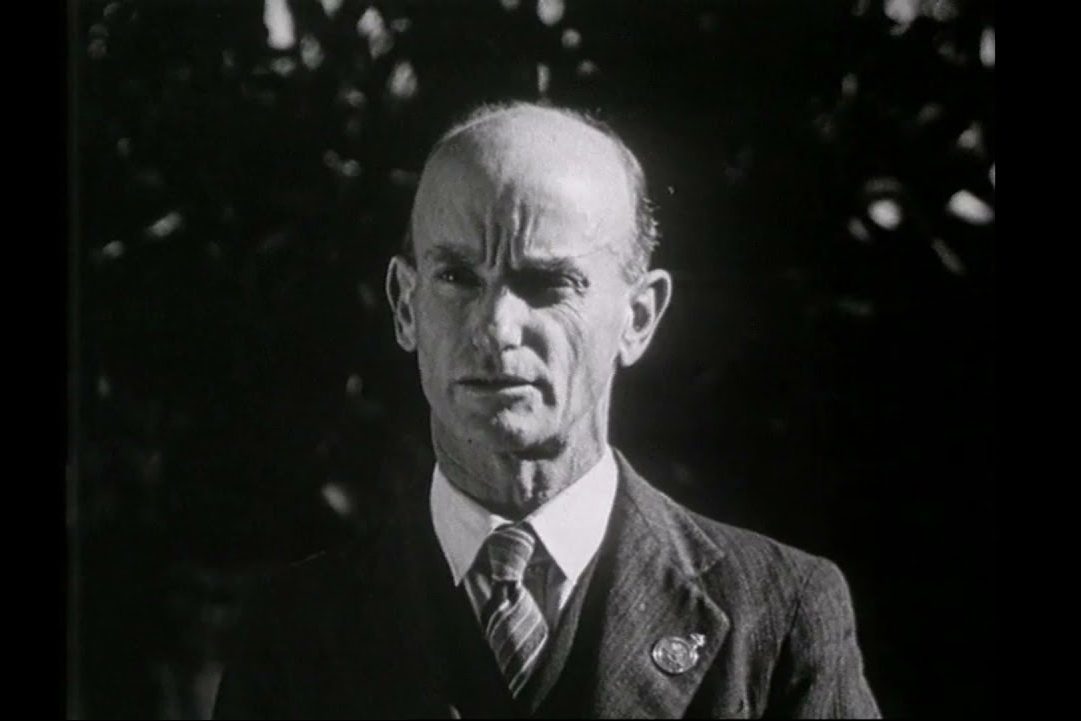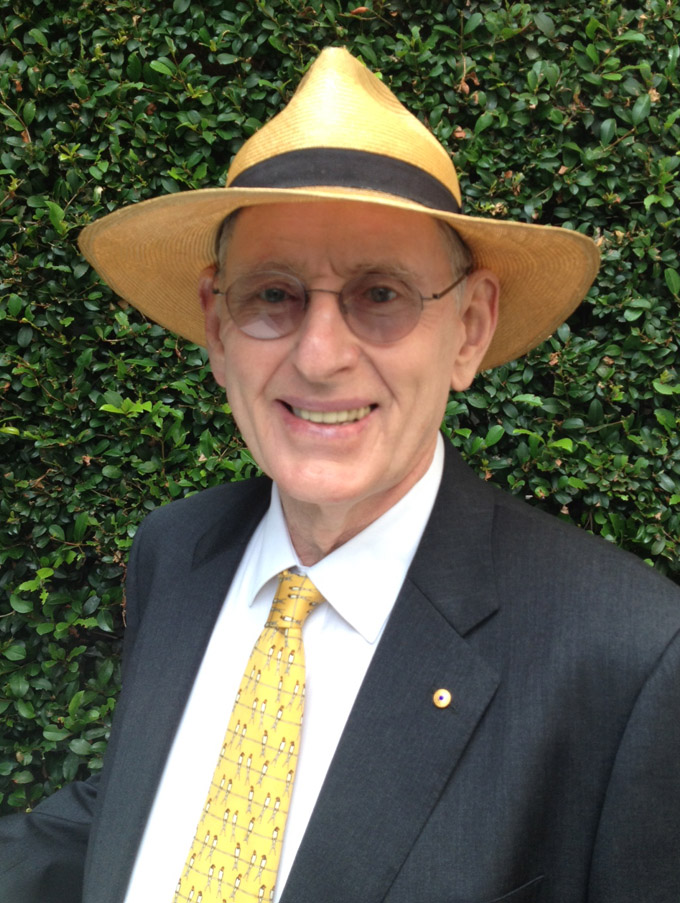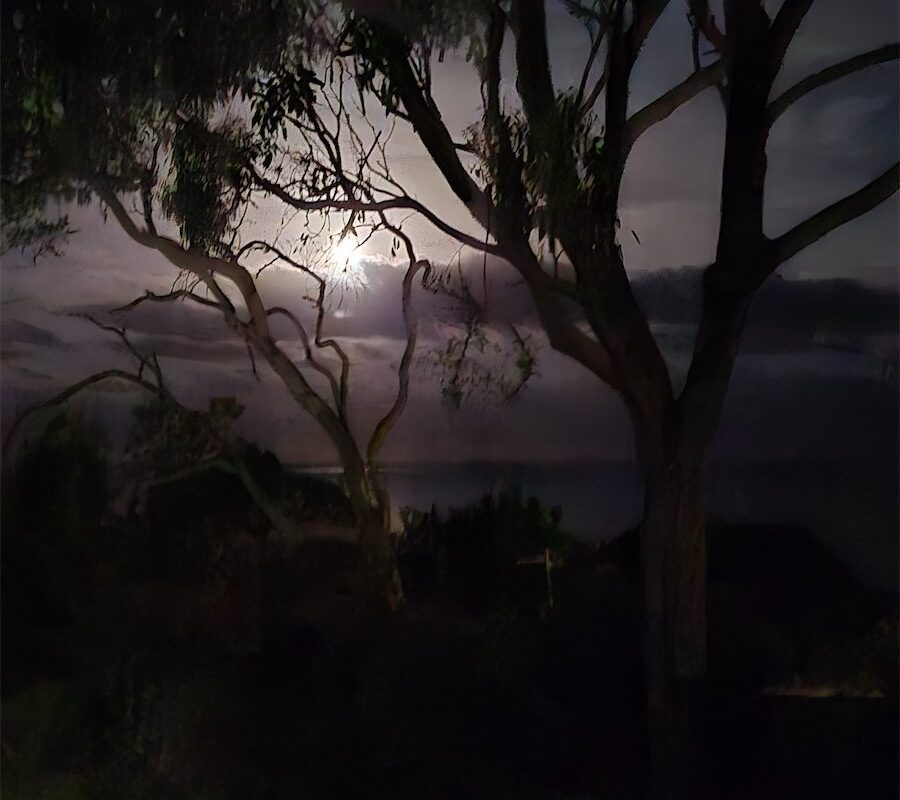
By Ross Fitzgerald
As we approach St Patrick’s Day, politically aware readers should know that in Brisbane on March 17 1948, Australia’s only Communist Party MP Fred Paterson was savagely smashed from behind by a Queensland policeman.

Some time after it occurred, this attack on Paterson became known as The Great St Patrick’s Day Bash.
Yet most Australians, including a great many Queenslanders, do not know about this horrific incident.
Indeed, many educated Australians remain unaware that north Queensland was once known as “The Red North”.
From 1944 to 1950, Frederick Woolnough (Fred) Paterson was the Communist Party member for Bowen in the Queensland Legislative Assembly, the upper house having been abolished in 1922 by Labor premier and later federal treasurer, EG “Red Ted” Theodore.
Shortly before his bashing, it was said of Paterson that only one politician was less likely ever to become premier of Queensland – the unprepossessing Country Party MP for Nanango, Johannes (Joh) Bjelke-Petersen. This was confirmed by Sir Joh and Lady Florence (“Flo”) when I visited their property, Bethany, outside of Kingaroy, in 1988.
Born in Gladstone in 1897, Paterson is the first and only Communist Party member to be elected to any state or federal parliament in Australia.
A former Rhodes Scholar and divinity student who became a prominent Communist activist and radical barrister for the poor and dispossessed, Paterson was widely known throughout north Queensland as “the people’s champion”.
A staunch defender of the rights of Italian cane-cutters and other workers, he helped lessen the influence of fascist ideas among Queensland’s immigrant community, while at the same time advancing their socio-economic conditions.
Being an avid anti-fascist and having declared he was no longer a believer, Paterson had many enemies, including members of the cloth.
At a public meeting in Townsville in 1947, while Paterson was promoting Communist ideas, a priest interjected: “Have you ever been to Russia?”
“No father,” said Fred, who had never visited the Soviet Union, “Have you ever been to heaven?”
A year later, on St Patrick’s Day, March 17,1948, while acting as a legal observer of a march of striking unionists in Brisbane, Paterson sustained serious head injuries after having been deliberately bashed by a plainclothed Queensland policeman.
To try and stop a statewide railway strike, on March 9, 1948, autocratic ALP premier EM (Ned) Hanlon rushed through Queensland’s one-house parliament the Industrial Law Amendment Act, prohibiting participation in an illegal strike and stipulating heavy penalties.
Queensland police were granted power to enter any home or building, to disperse any gathering and to arrest without warrant. The onus of proof was placed on the defendants. Under the act, the opinion of a police officer was sufficient evidence of a misdemeanour.
Paterson had described the law as “the greatest scab-herding, strike-breaking piece of legislation ever introduced by a Labor government anywhere in Australia”.
On March 10 1948, even the very conservative Courier-Mail had editorialised: “These powers… are the most far-reaching ever given to the police in any state in Australia.”
In the light of Hanlon’s publicly expressed antagonism to Paterson, it is significant that, on the afternoon of the day that Paterson was viciously bashed, the Queensland ALP caucus met and unanimously decided that no inquiry would be held.
As no charges were laid either against Paterson, or the sergeant involved, the incident could not be tested in court, and thereby be made public.
My biography of Paterson, published in 1997 by UQP, reveals that the Communist MP’s attacker was a plainclothes policeman, JJ (Jack) Mahony.
As I also document in Fred Paterson: The People’s Champion, on March 18, 1948, the feisty independent MP for Mundingburra, Tom Aikens, asked this three-part question in Queensland’s one-house state parliament:
* Is it the intention of the government to prosecute detective Mahony for attempted murder or any other charge under the criminal code for brutally smashing Mr F Paterson, MLA, with a baton on the head from behind, in Edward Street, yesterday?
* Did Mahony so brutally attack Paterson under instructions from the government?
* If so, what did the government hope to gain by Paterson’s murder or serious injury?
In his parliamentary reply to Aikens, autocratic Labor Premier Hanlon did not mention any detail of the assault, Paterson’s name, or the Queensland detective’s name.
If the brutal bashing of an MP occurred in Australia today, there would surely be either an immediate state parliamentary inquiry, a royal commission or a formal investigation by the Australian Senate.
Yet, in the ALP-controlled Queensland of the late 1940s, an extremely serious assault upon a sitting member of parliament was greeted with an extraordinary official silence.
Paterson never fully recovered from head injuries.
In 1950, his Bowen electorate was gerrymandered out of existence and after unsuccessfully contesting the seat of Whitsunday, Paterson moved to Sydney where he worked part-time as a legal adviser to the NSW branch of the Australian Communist Party. He died in 1977.
It is hard to disagree with Paterson’s assessment of the significance of the savage attack on him in Brisbane on St Patrick’s Day 1948: “The story of this action, and the bashing of other people on this day, is one that should be told again and again, to expose the corruption of some members of the police force and the corruption of some government administrators.”
Ross Fitzgerald AM is emeritus professor of history and politics at Griffith University and the author or co-author of 45 books, including three histories of Queensland.
Who can be trusted?
In a world of spin and confusion, there’s never been a more important time to support independent journalism in Canberra.
If you trust our work online and want to enforce the power of independent voices, I invite you to make a small contribution.
Every dollar of support is invested back into our journalism to help keep citynews.com.au strong and free.
Thank you,
Ian Meikle, editor









Leave a Reply